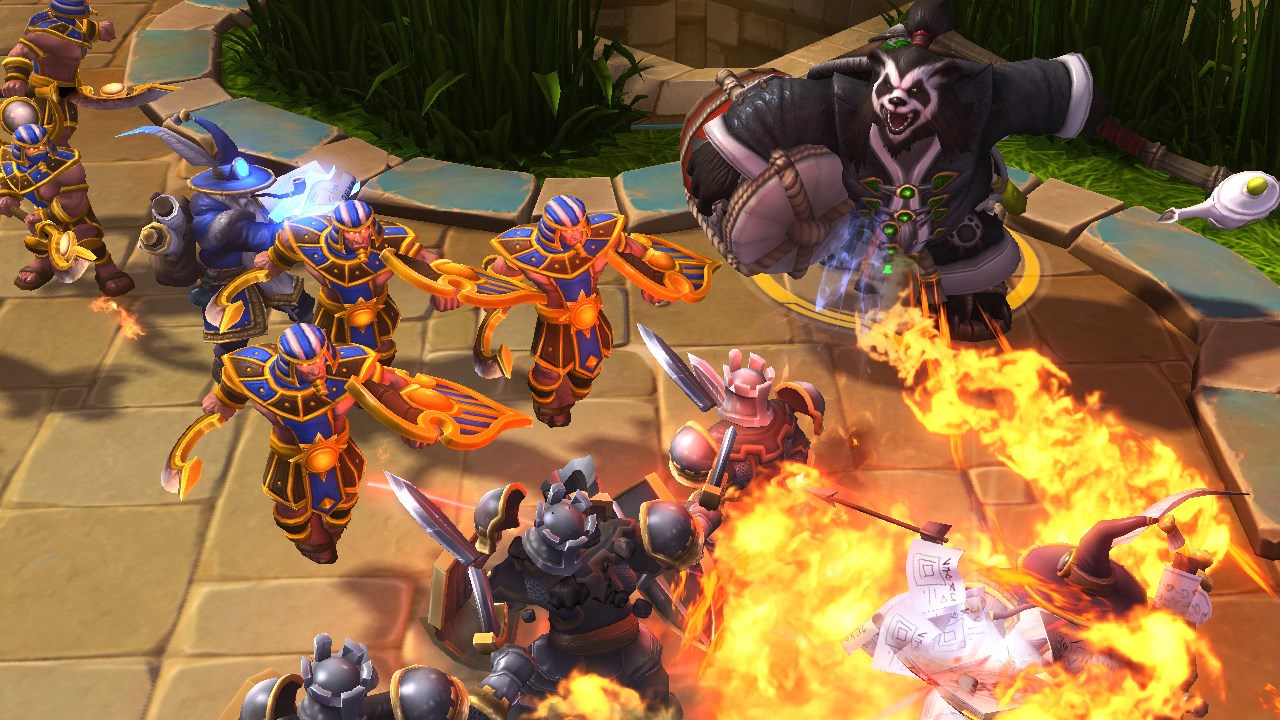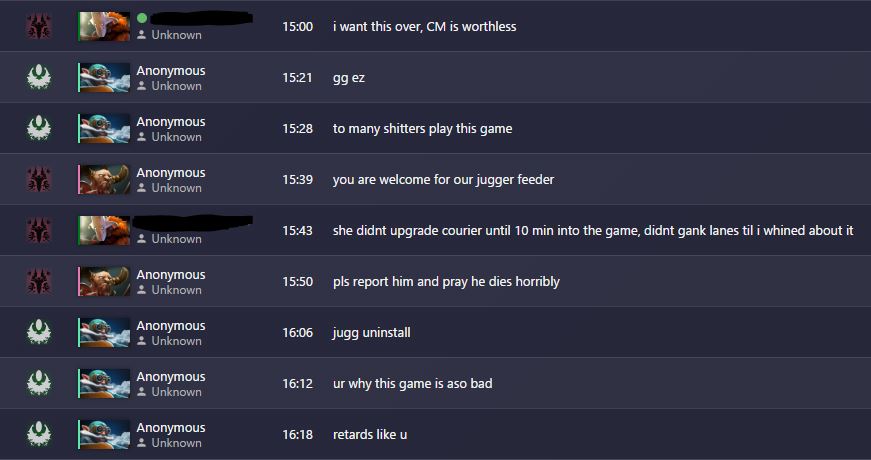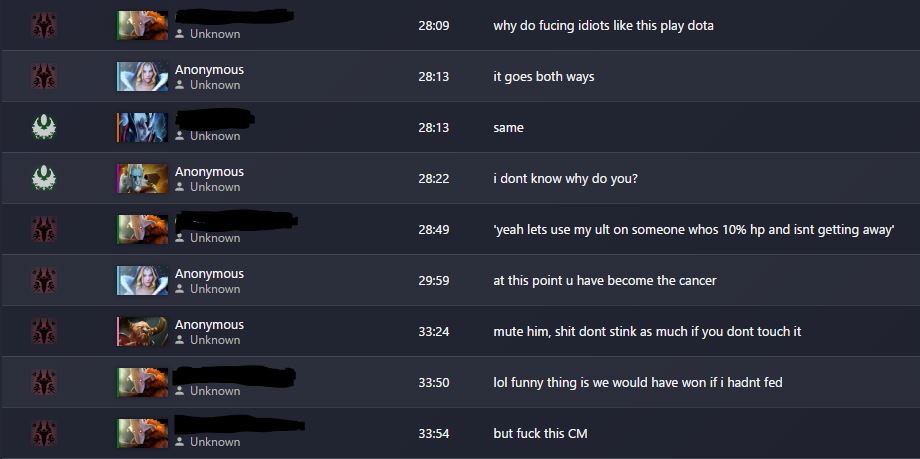If you’ve ever played any competitive game online, you’ve probably experienced more than your fair share of elitism. Someone doesn’t like something you did, so they call you a “bronze scrub” or ask if you’re “boosted.” Or you get into an argument, and it ends with the other player falling back on their rank, claiming that since they’re Diamond, they must be right. Maybe someone will see a high-ranking player and call them a tryhard right off the bat. Maybe it’s never happened to you, but if you say you’ve never seen this kind of behavior, I’ll be shocked. And no matter what is said, this kind of behavior always leaves one person feeling crappy.
I’ve run into elitism and overinflated egos in multiplayer games far more times than I can count. And honestly, at this point, it’s starting to get old. Or maybe I’m getting old. I just want to play my games in peace. Is that so much to ask for?
Elitism in League of Legends
My worst experience with elitism was during the many hours I logged playing League of Legends. It wasn’t always directed at me, but it often was, and it happened daily. I was decent at League, too, rocking a Diamond border for three seasons. Not a big deal when playing ranked, but for the last few years of my playing, I stuck to mostly casual. I didn’t enjoy the toxicity of ranked, so I hit Diamond then stuck to doing normals with mostly Silver and Gold friends. And this is where the elitism really started to hit me.
You May Like
You would think that a normal, unranked game mode is meant for relaxing and practice, and that’s the way I used it. I played for fun, and never tried too hard. The number of times I got called out for my border or by people on the other team who had used a site or program to tell them my rank was ridiculous. It happened every day, in almost every single game I played, often at the start of the game. If the comment was from a teammate, it was typically an expectation that I would carry them, or a comment about the border in general. The latter one I didn’t mind so much — people were occasionally impressed, and it felt nice to have the time and energy I’d invested in the game be recognized. These occasions were very rare. For the most part, I just dealt with enemies calling me a tryhard, flaming me for not playing ranked, and bombarding me with insults.
From the minute I entered the game, anyone who bothered to check ranks would focus on me. They began preparing explanations for why they lost, far before I had actually done anything comment-worthy. For my teammates and my opponents, I was solely responsible for the outcome of the game, and was never allowed to forget it. If the game went poorly, it was always my fault.
Killed my lane opponent?
“Tryhard Diamond noob go back to ranked.”
Died in lane?
I’m a “scrub Diamond [who] can’t even beat a Silver.”
No matter what I did, I was a target, and I was under a microscope. I won plenty of games, but the victories felt hollow.
I didn’t want to be in the spotlight, I just wanted to play some League of Legends.
Elitism in Other Games
Of course, elitism isn’t restricted to League of Legends. Not by a long shot. I played a Heroes of the Storm match yesterday, and witnessed the same thing. A scuffle broke out between my teammates during champion select, and one of them threw out the “if you were better than me you’d be banning” card. As your teammates grapple for control over the direction of the game, many players seem to think that elitism is the easiest and fastest way to get what they want. Explaining why you think something is a good idea is and being polite about it is apparently far too much effort.

Even in Hearthstone, where there is no voice or text chat, you’ll run into this problem. I’ve won Arena games and had people add me for the sole purpose of mocking my ladder rank. I often use the legend card back in Arena, which, just like my Diamond border in League, makes me a target.
And yes, even in Path of Exile, a PvE game, there’s a fair bit of elitism on the forums. Streamers talk about it often, and I’ve witnessed other players being berated for sub-optimal builds or simply just for being new. Those who play Hardcore sometimes mock Softcore players. There’s no beef between them, other than a personal choice. But elitism finds its way in, and it’s used as a tool to make one person feel superior over another.
How Do We Stop Elitism?
It should go without saying that this kind of behavior will need to be dealt with at some point by the esports community at large. In a perfect world, everyone wakes up tomorrow and decides to not be an elitist dick. But that just won’t happen, and a culture shift of this magnitude can’t be wished into existence. Instead, the first steps will have to come from game creators, who can design systems that limit
For me the biggest offender is easily League of Legends. Earning a border based on your rank is meant to be a badge of pride. But honestly, given how much hate it’s earned me, I wish I had the option of turning it off. Let players hide their borders if they want to. When I’m not playing ranked, there’s no reason for my rank to be a subject of discussion.
Dota 2 has similar issues with elitism. Look at this chat exchange from an unranked match, provided by my editor.

Ten minutes later, it doesn’t get any better.

Other games have made improvements in this area. Rocket League hides ranks from players — you don’t see a number score, just a division, and you don’t know how close you are to being promoted or demoted until it happens. It’s the same in CS:GO, and, furthermore, ranks are hidden from teammates who aren’t on your friend list until the game is over — you don’t know if your teammate is a Gold Nova scrub or a DMG having a bad game until one side hits 16 rounds. After the ranks are revealed, players have about 15 seconds to flame someone for being “lol LEM really??”
These games still have elitism, but the developers have put certain restrictions in place that limit friction between teammates, and for the most part, the playerbase doesn’t even notice or realize that they’re being “trained” by the game to stop being rude.
Without visible ranks in CS:GO, players are evaluated by their peers based on their actual performance in that specific game, not because of their rank, and that’s worth paying attention to. As time goes on, expect to see other games adopting similar systems or creating their own solutions to deal with elitism in multiplayer gaming.
Can’t We All Just Get Along?
As I said, this culture of elitism won’t change just by asking people to be better. Yet gamers, myself included, need to understand that our negativity and elitism does nothing but hurt. We hurt other players, we hurt the community of the games we play, and we hurt ourselves by letting hostility dominate our thoughts.
Negativity is what drove me away from League after five years. And to be entirely truthful, I will never go back to that game. Ever.
If you want your favorite game to be successful, use the ranking system as a way to measure your own progress, not tear other people down. It never feels good to be called out, regardless of whether your rank is high or low. Just play the game.
You’ll never play better after seeing your opponent’s rank. Either you’ll be overconfident or lose faith in yourself. There’s no real benefit to checking. Focus on the game, and you’ll realize that nobody’s rank can guarantee them a win. Play like it doesn’t matter. Because in the long run, it doesn’t. It doesn’t change anything if they are Silver or Diamond. Winning doesn’t necessarily mean your skills are improving. It just means you won a game, and good players should understand that you can learn more about your own weaknesses from a loss than you can from a win.
Games are meant to be fun, not stressful. Right?
















